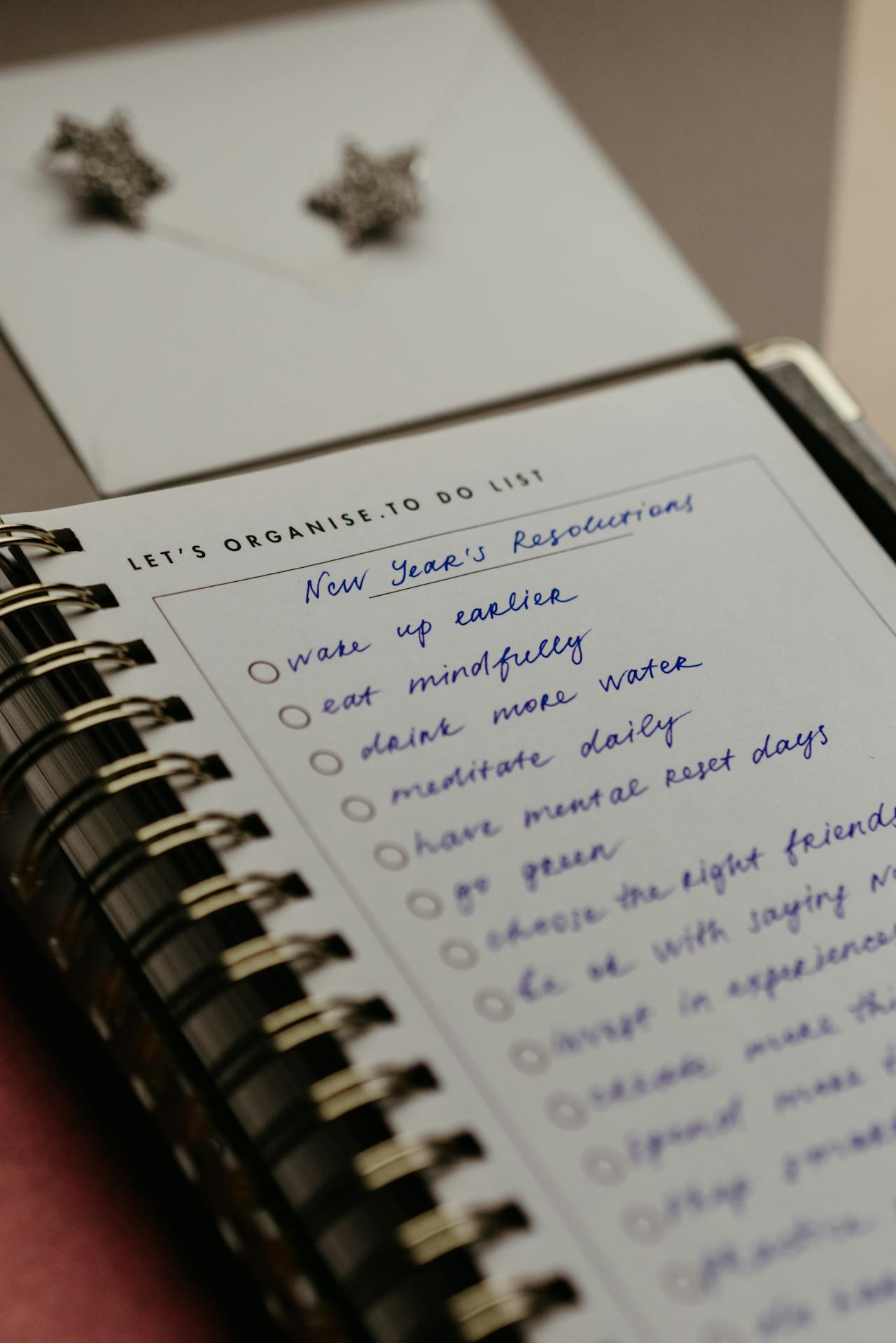Reasons To Start Therapy Before New Year’s | Therapy Tips
As the end of another year approaches quickly, we may begin to reflect and set intentions for growth, health, and prosperity for the new year. Maybe we’ve told ourselves that we’d like to prioritize our self-care and mental health as we strive for more balance in our lives. But with holiday travels to plan, presents to buy, and dinners or get-togethers to organize, it’s all too easy to let our self-care goals slip to the bottom of our to-do list. It’s no wonder that January often feels like the “perfect” time to begin therapy.
But waiting until the clock strikes midnight on December 31st to begin looking for a therapist might mean missing out on crucial opportunities to prioritize your mental health now. Whatever your reasons to start therapy, here are four reasons not to wait for the new year.
Four Reasons To Start Therapy Before New Year’s
Let’s Be Honest: The Holidays Are Stressful
The holiday season, while joyful for some, can be incredibly stressful for many of us. Between the hustle of planning, traveling, and navigating complex family dynamics, it’s common for us to hear that our clients are feeling overwhelmed. The symptoms of being emotionally drained or stressed–such as withdrawal, fatigue, chronic pain, or sleep disturbances–can creep in when least expected. Add in potentially charged conversations around the dinner table, and it becomes clear why this time of year is often more stressful than enjoyable for many. And without a proper support system in place, the holidays can become a season of dread.
Starting therapy before the holidays can help you build a strong support system as you prepare for these upcoming challenges. A therapist can help guide you to identify potential stressors and develop effective coping strategies tailored to your needs. If you’re struggling

with grief or loneliness, you may want to work with your therapist on identifying triggering events, creating fulfilling rituals for yourself, and finding ways to foster connection in ways that work for you. If you’re navigating tricky family interactions, a therapist can also help you manage difficult emotions, communicate effectively, and set boundaries as necessary. And if you’re feeling on the edge of burnout from your never-ending to-do list, a therapist can offer stress-reduction techniques, prioritization strategies, and boundary-setting skills to help you create a more balanced holiday experience.
Working with a therapist can offer you reassurance that you’re not alone in your journey. With this kind of support, you can feel more grounded, less reactive, and better equipped to handle whatever comes your way, allowing you to focus on meaningful connections and moments of joy during this holiday season.

Therapists Tend To Have More Availability
During the holiday season, therapists’ schedules often slow down as many of their clients pause sessions due to travel plans, family gatherings, or other seasonal commitments. This temporary lull creates a unique opportunity to secure a spot with a therapist who may otherwise have a waitlist or limited availability. This is especially true for high-demand time slots. You might find it easier to snag that coveted evening or lunch-break time slot that tends to fill up quickly by the New Year.
If you’ve been hoping to work with a specific therapist or waiting for the right time to reach out, this could be the opportune chance to get started. By prioritizing finding the right therapist for you before the end of the year, you can establish a therapy routine that works for you as you start the New Year.
Don’t let the busyness of the season deter you—this could be the ideal time to invest in yourself and your mental health.
Short Winter Days Bring Seasonal Depression
December brings the shortest days of the year, which can exacerbate feelings of sadness, lethargy, and low energy. For those who experience seasonal affective disorder (SAD), the holiday season can be an especially tough time. According to the American Psychiatric Association, around 5% of adults in the U.S. experience SAD, and many more report struggling with milder symptoms of seasonal depression during the winter season.
If you notice lower moods or persistent sadness during the season, starting therapy now can provide you with the tools and support to cope with and address the underlying causes. Depending on your therapist, they may use treatment methods such as bright light therapy (BIT) or Cognitive-Behavioral Therapy to help you manage the symptoms of SAD. In addition, a therapist can help you identify coping strategies and lifestyle adjustments to address underlying issues that may contribute to SAD.
You don’t have to face seasonal depression alone. Connecting with a therapist can be a source of compassionate support and guidance to help you through this.
New Year’s Resolutions Can Be Self-Defeating
Setting New Year’s resolutions is a time-honored and ubiquitous tradition. But we’re increasingly questioning its efficacy due to its limited success rate in creating meaningful and lasting change.
Resolutions often rely on a burst of motivation to achieve ambitious self-improvement goals, such as lifestyle overhauls, quitting a bad habit, or miraculously transforming our mindset overnight. Many resolutions start strong but fizzle out within weeks, leaving people feeling discouraged and stuck in old patterns. And we don’t blame them, considering these goals tend to create too much pressure, lack clear planning, and rely on fleeting motivation and expectation of instant results. In other words, they’re unsustainable and unrealistic.
Instead of waiting until January to set self-improvement goals for the New Year, therapy can help you lay the groundwork now. By working with a therapist on your new year goals, you can give yourself time to develop sustainable and actionable strategies, as well as set realistic expectations.

Along the way, you will be able to address and overcome barriers to your goals with your therapist, which can help keep you going strong throughout the next year. Inevitably, your motivation will wane as you lose the momentum you initially had. Being proactive with your therapist can help keep you on track and finally accomplish those New Year’s changes that support your mental health and overall well-being.
Related Blog: The Pros and Cons of Setting New Years Resolutions
Plus: One More Bonus Reason to Start Therapy Today
Do you have FSA money earmarked for 2024? Make sure you’re taking full advantage of your funds by enrolling in therapy in December! While you won’t be able to prepay for 2025 sessions, there’s still time to fit in a few sessions this year and make sure your money isn’t going to waste!
By prioritizing your mental health now, you can set yourself up for a more enjoyable holiday experience, while preparing to enter the New Year with clarity and valuable tools to create lasting, meaningful change.
About Esther Kwon
Esther Kwon is Stella Nova’s Intake & Administrative Assistant, and helps support new clients as they’re getting started at Stella Nova. She strives to make every new client feel comfortable, safe and supported as they work together to find a match. Her favorite self-care is doing yoga, journaling, rock climbing, crocheting amigurumi, and longboard skating.
If you’re ready to begin your therapy journey before the New Year approaches, we’re here to help. Get in touch for a free 20-minute consultation to get started today!
Subscribe To Our Newsletter
Want more valuable mental health content? Keep in touch with Stella Nova by subscribing to our mental health newsletter. We share valuable tips and information twice a month, as well as periodic practice updates, upcoming events, and discounts.
When you sign up, you’ll also receive a copy of our free Preparing for Therapy mini-workbook to help you get ready to get the most out of your experience.


